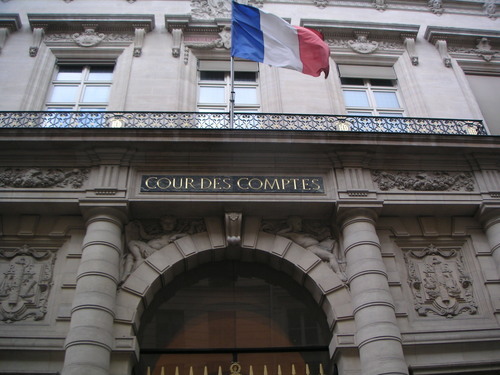Les dons aux associations, une fiscalité avantageuse
Comme le rappelle la Cour des comptes, la fiscalité des dons aux associations représente un enjeu de taille. Il existe plus de 1,5 million d’associations en France, qui ont bénéficié en 2018 de 7,2 milliards d’euros de subventions et de 3,7 milliards d’euros d’avantages fiscaux.
5,5 millions de ménages et 77 000 entreprises bénéficient du régime fiscal du mécénat, qui permet d’obtenir, en échange de dons aux associations, une réduction de l’impôt sur le revenu, de l’impôt sur la fortune immobilière et de l’impôt sur les sociétés.
Le montant de ces exonérations est estimé à 1,5 milliard d’euros pour l’impôt sur le revenu, et à 0,8 milliard d’euros pour les entreprises (en cumulant l’impôt sur les sociétés et l’impôt sur le revenu).
Or, une particularité française permet aux associations de délivrer des reçus fiscaux sans agrément préalable, dès lors qu’elle estime répondre aux critères suivants :
- être d’intérêt général
- et exercer une activité principale à caractère « philanthropique, éducatif, scientifique, social, humanitaire, sportif, familial, culturel, ou concourant à la mise en valeur du patrimoine artistique […], à la défense de l’environnement naturel ou à la diffusion de la culture, de la langue et des connaissances scientifiques françaises ».
Ce n’est qu’en cas de contrôle fiscal, ou de demande de rescrit par l’association, que l’administration fiscale peut contrôler le bien-fondé de l’application du régime du mécénat.
Le rescrit, une procédure questionnée par la Cour des comptes
D’après le référé de la Cour des comptes datant du 8 décembre 2020, « les contrôles de l’administration fiscale envers les associations bénéficiaires ou les donateurs sont peu nombreux et peu approfondis et les amendes pour non-respect du rescrit sont peu dissuasives ».
Par ailleurs, la procédure du rescrit est pointée du doigt et sa portée est jugée incertaine. Le rescrit, et plus précisément le « rescrit mécénat », est une procédure permettant à une association souhaitant assurer sa sécurité juridique de questionner l’administration fiscale sur son droit à recevoir des dons et à délivrer elle-même des reçus fiscaux.
Cette procédure n’est pas jugée totalement satisfaisante par la Cour des comptes, tout d’abord en raison de son caractère facultatif. Chaque association est en effet libre de solliciter ou non un rescrit.
De plus, le rescrit dépend de nombreuses conditions, et « n’est valable qu’à un moment donné, au vu de la situation de l’association et des pièces communiquées ».
Enfin, l’amende encourue par une association ne respectant pas le rescrit délivré est jugée peu dissuasive.
La question de l’idéologie
À l’heure où le projet de loi contre le séparatisme et l’article sur les associations religieuses fait débat, la Cour des comptes estime souhaitable un « renforcement des moyens de contrôle et des obligations déclaratives […] notamment pour s’assurer du respect des valeurs de la République par les associations qui bénéficient du régime du mécénat ».
La Cour des comptes cible 3 catégories d’associations :
- les associations « véhiculant un message politique »,
- les associations militantes ou revendicatives
- et les associations religieuses ou sectaires.
L’appréciation de ces associations dites « à contenu idéologique » est guidée par une note interne à l’administration fiscale, que la Cour des comptes juge « très imparfaite ». « Elle repose en effet sur des bases juridiques fragiles, laissant une large part à l’appréciation, parfois subjective, de l’administration et la Cour a pu constater que son application est hétérogène sur le territoire », précise le référé.
La Cour des comptes formule donc trois recommandations concernant les dons défiscalisés aux associations.
- Tout d’abord, elle souhaite que l’administration fiscale ne s’appuie pas sur une note interne, mais sur des fiches thématiques sectorielles publiées au Bulletin officiel des finances publiques (BOFiP).
- Elle réclame également une augmentation du nombre des contrôles
- Le rétablissement de l’annexe à la déclaration de revenus « détaillant la liste des associations bénéficiaires de dons ainsi que des montants accordés ».
L’objectif est d’assurer un meilleur contrôle tant des associations que des donateurs.
